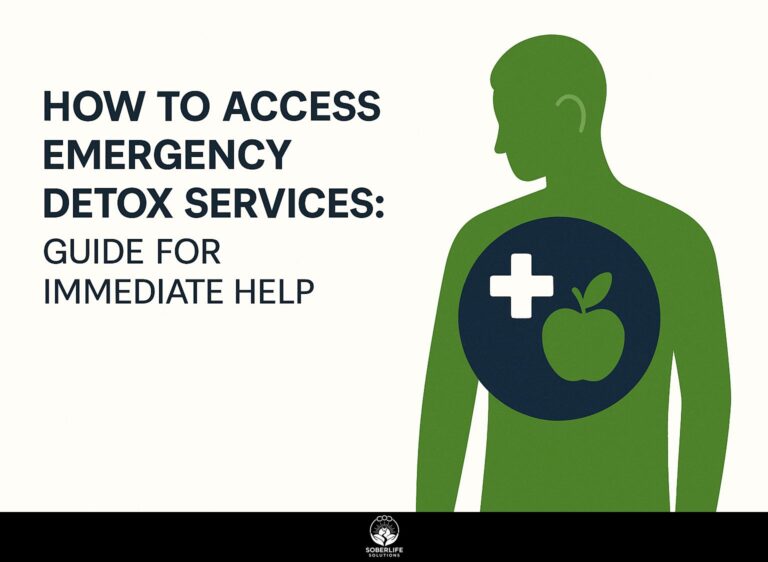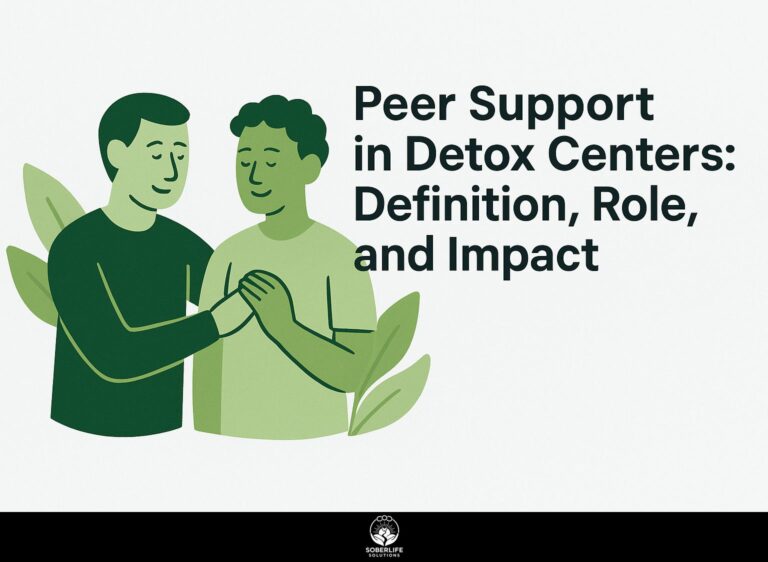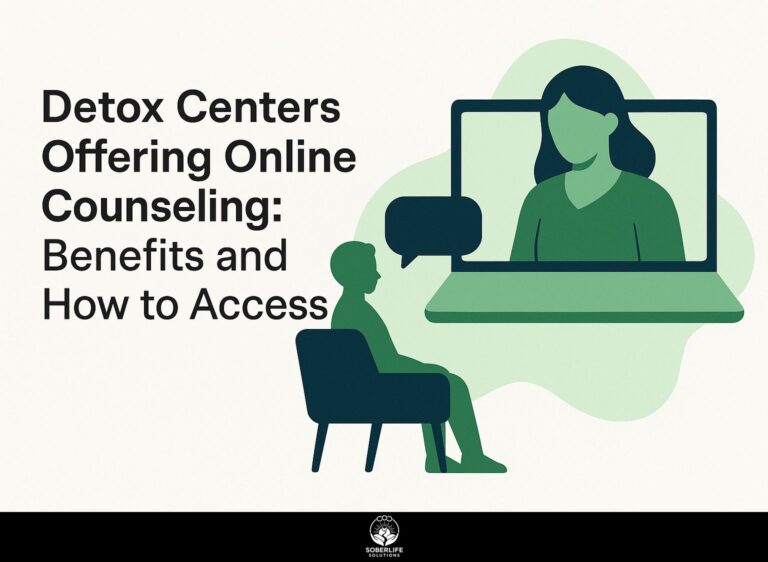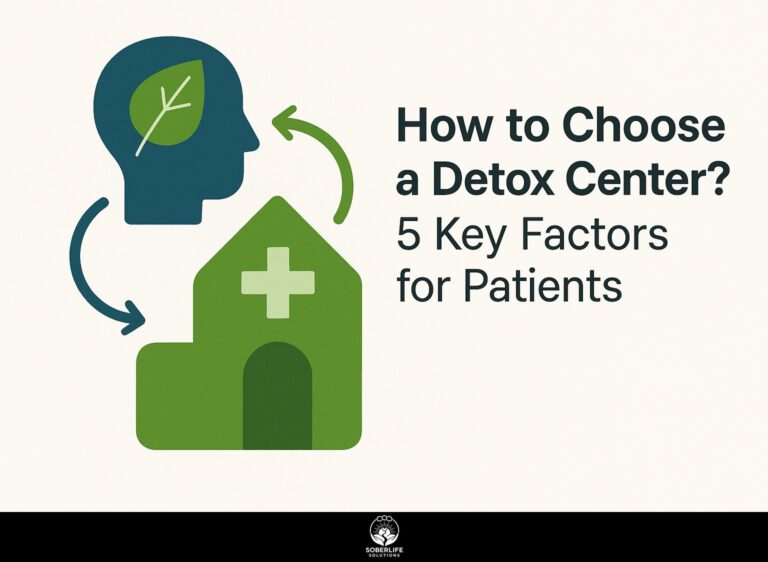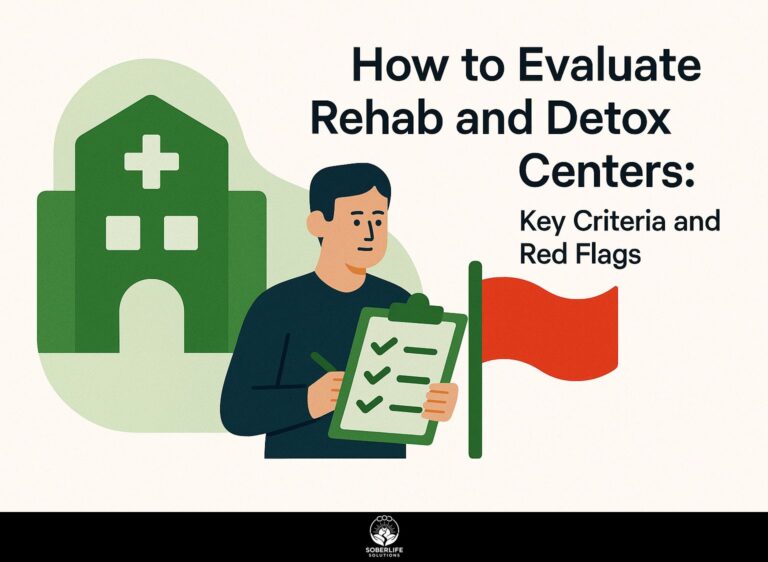Substance Abuse Treatment: Services, Options, and Eligibility
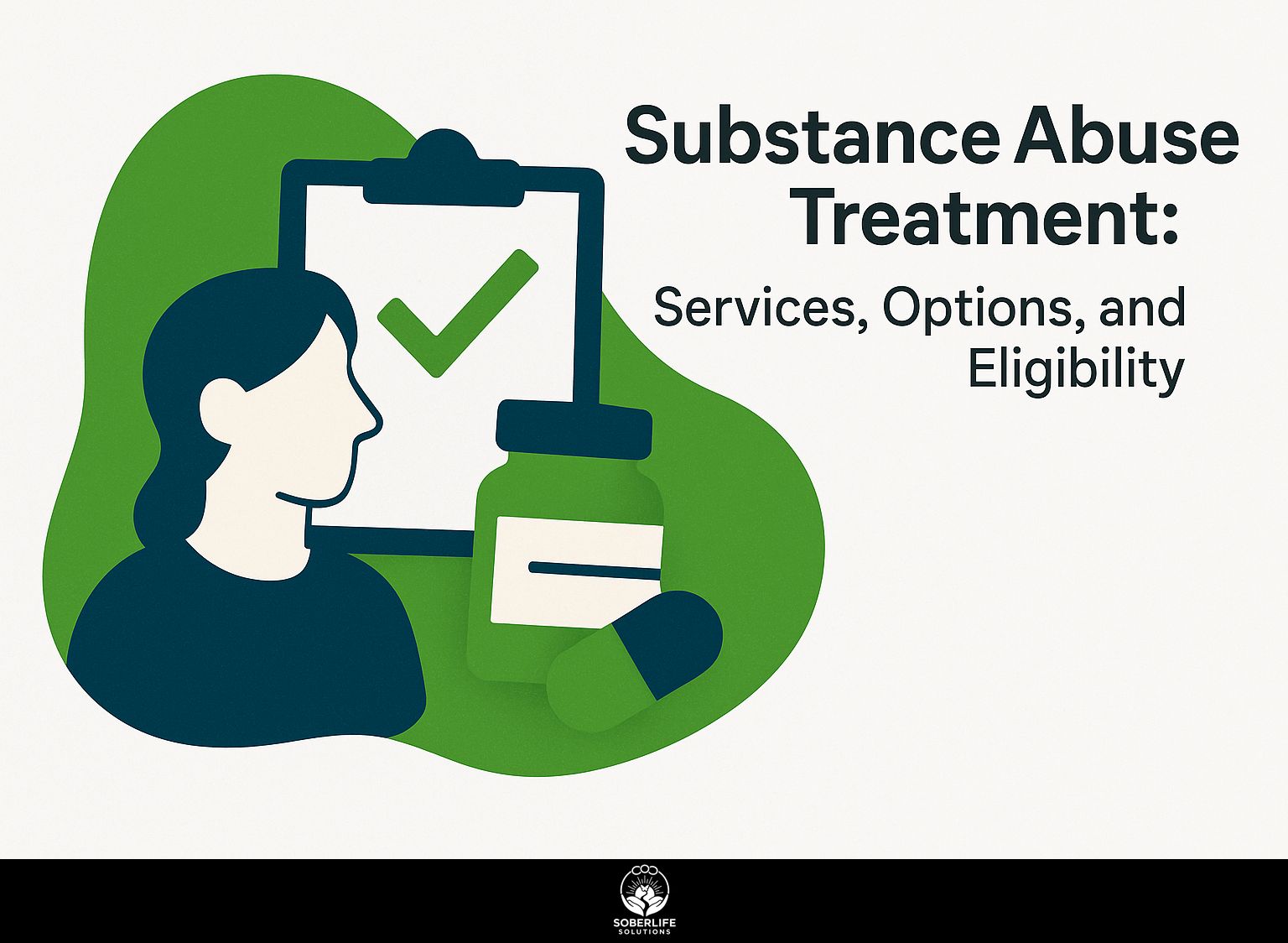
Introduction to Substance Abuse Treatment
For people dealing with substance abuse problems, knowing the treatment options can make a big difference in their lives. With support from organizations like the Substance Abuse and Mental Health Services Administration and programs under Medicaid, individuals can find pathways to recovery. This article looks into different substance abuse treatment options, who can access them, and the types of therapy they provide, helping you make informed choices for a healthier life.
Key Takeaways:
Definition and Importance
Substance abuse treatment encompasses a range of services aimed at facilitating recovery from substance use disorders, improving individuals’ lives and communities.
Successful treatment often involves behavioral therapies, counseling, and medication-based methods. For instance, Cognitive Behavioral Therapy (CBT) helps individuals identify and change negative patterns related to substance use.
According to the National Institute on Drug Abuse, approximately 40-60% of patients relapse after treatment, highlighting the necessity of ongoing support. Joining support groups like Alcoholics Anonymous (AA) can increase the chances of successful recovery. The challenges of relapse are further detailed in a recent publication by ScienceDirect, which explores probabilistic models in drug addiction.
Custom treatment plans that meet the specific needs of each person usually provide the best results.
Overview of Substance Abuse Issues
The widespread misuse of drugs, including problems with opioids, has become a serious problem, requiring thorough treatment and community support.
Currently, over 2 million people in the U.S. suffer from opioid addiction, highlighting the urgent need for targeted treatment services.
Communities can address this crisis by starting local recovery programs, holding educational workshops, and giving access to important resources like counseling and medication-based treatment.
For example, adding peer support groups in community centers gives people a safe place to talk about their experiences and get help. Related insight: many communities celebrate National Recovery Month, which emphasizes the significance of such initiatives and hosts key events ( National Recovery Month: Definition, Significance, Key Events).
Using well-known groups like SAMHSA (Substance Abuse and Mental Health Services Administration) can help local efforts create effective policies and decide on resource use. According to the CDC, understanding the opioid overdose epidemic is crucial for developing these strategies ( Understanding the Opioid Overdose Epidemic).
Types of Substance Abuse Treatment Services
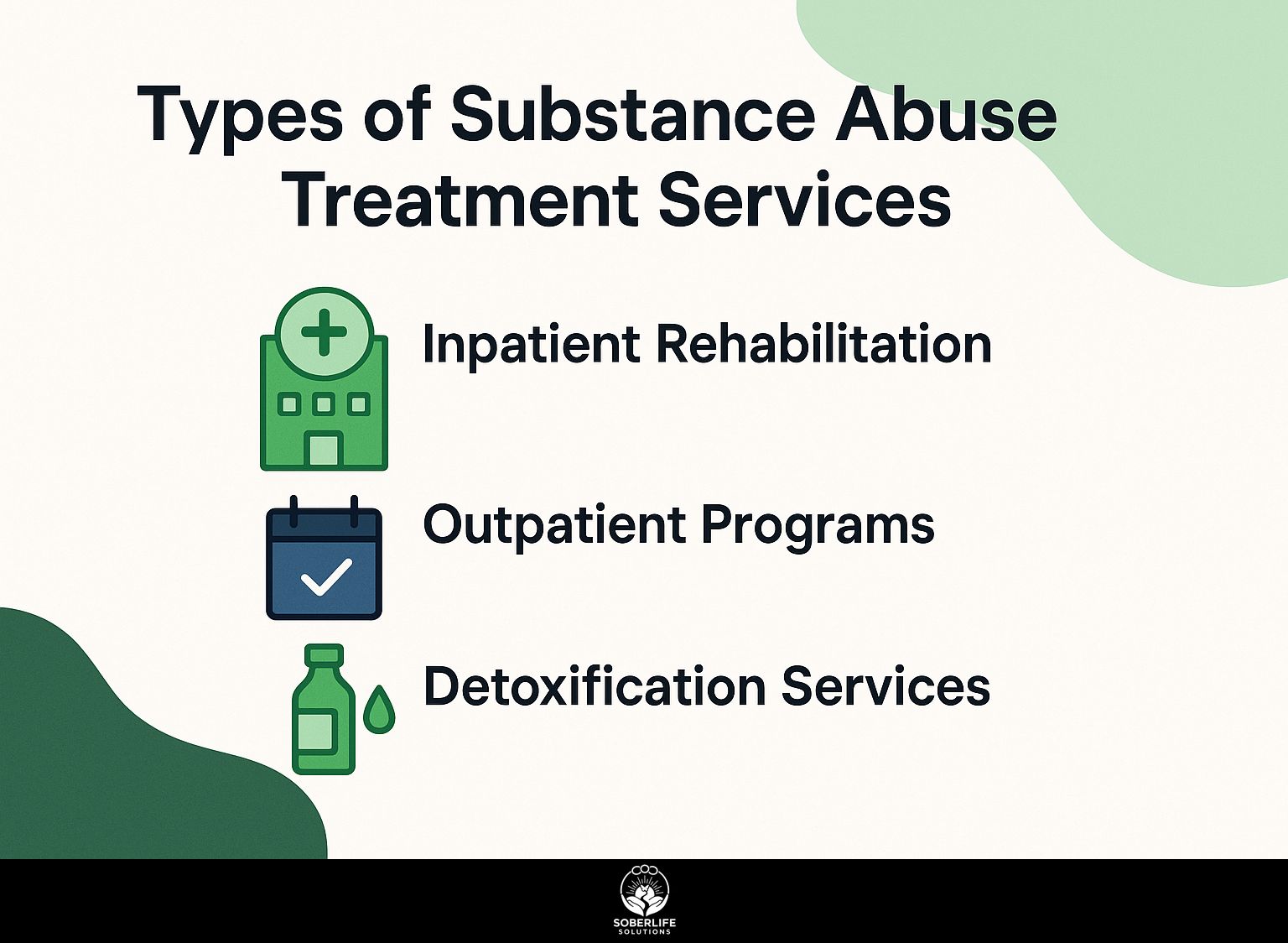
Knowing about the various types of substance abuse treatment services helps make personal plans for each patient and leads to better recovery outcomes. One effective approach is to explore the comprehensive options available, such as those outlined in our guide to Types of Addiction Treatment, which delves into various strategies that can be tailored to individual needs.
Inpatient Rehabilitation
Inpatient rehabilitation offers a structured environment for individuals to recover from substance use disorders while receiving 24/7 medical support.
Usually lasting 30 to 90 days, inpatient programs offer a calm environment that helps focus on recovery.
People take part in one-on-one therapy, group meetings, and medical treatment designed for their specific needs. This immersive experience promotes accountability and encourages connection with peers facing similar challenges.
Costs range between $6,000 and $20,000, depending on the facility and range of services offered. It’s important to research programs for accreditation and support options to fully address addiction.
Outpatient Programs
Outpatient programs provide flexible treatment options, allowing individuals to manage recovery while maintaining daily responsibilities such as work or school.
These programs typically consist of group and individual therapy sessions, which help build support networks and personal awareness.
For instance, a common structure includes weekly group meetings focused on shared experiences, complemented by bi-weekly one-on-one sessions with a therapist to address individual challenges.
Costs for outpatient programs can range from $1,000 to $10,000, depending on the duration and frequency of sessions.
Following a regular plan is important because it helps you continue making progress and stay accountable, improving the likelihood of a successful recovery.
Detoxification Services
Detoxification services focus on safely managing withdrawal symptoms and preparing patients for ongoing treatment for substance use disorders.
The detox process usually takes place in inpatient centers, where doctors and nurses watch patients around the clock to maintain safety and comfort. This often includes administering medications to alleviate withdrawal symptoms and providing emotional support through counseling.
Costs range from $1,000 to $5,000, depending on the facility and the level of care required. Detox is an important step because it helps people stabilize before moving to rehabilitation programs, increasing their chances of recovery over time.
Engaging family support can also significantly impact the effectiveness of this initial phase. For more details on how this process works, see also: Medically Monitored Detox: Definition, Process, and Benefits.
Therapeutic Approaches
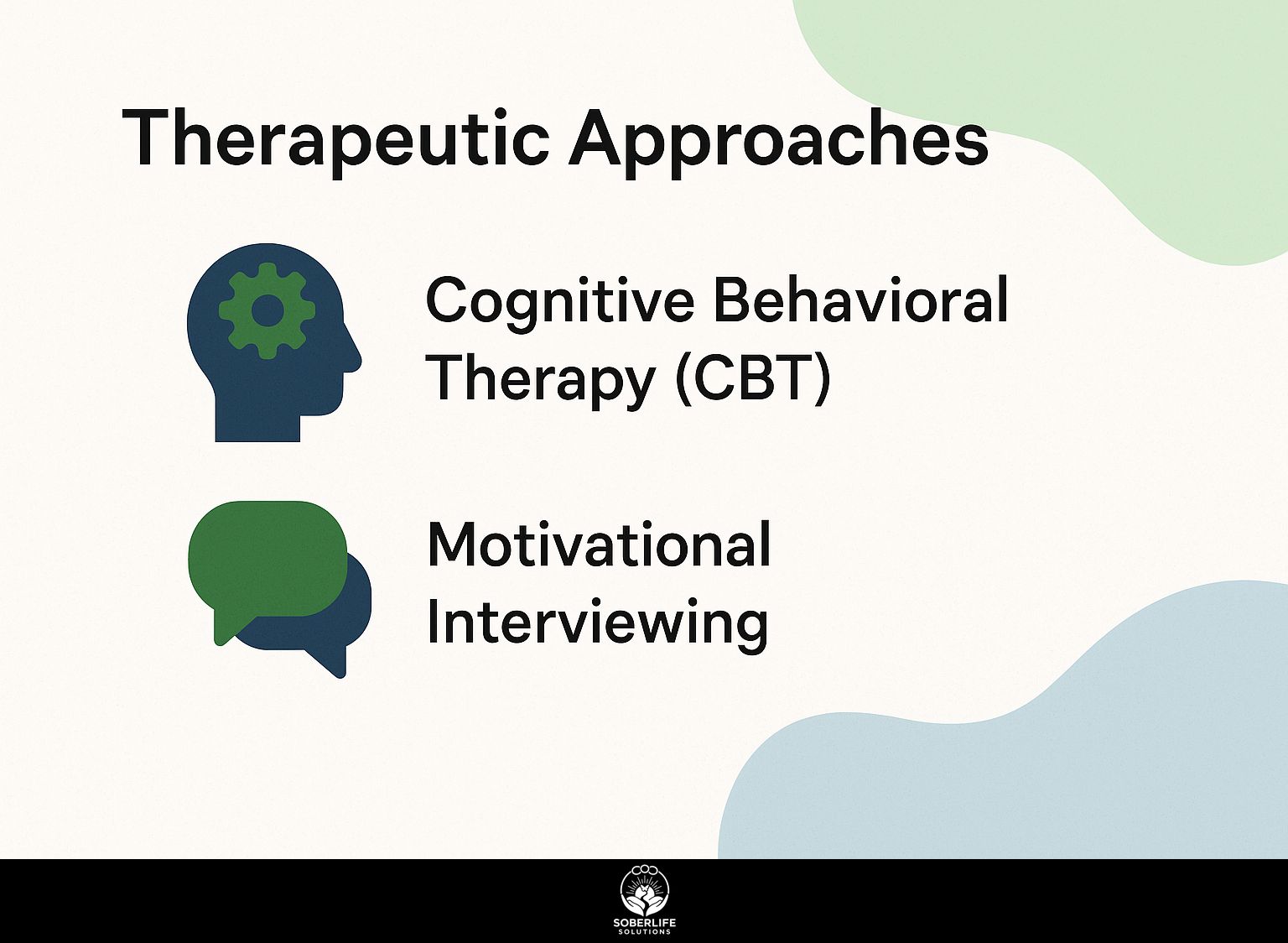
Therapeutic methods in substance abuse treatment are important for dealing with the mental parts of addiction, greatly improving recovery results. If you’re interested in exploring the benefits and methods of these approaches, consider a deep dive into integrative therapies in addiction recovery.
Cognitive Behavioral Therapy (CBT)
Cognitive Behavioral Therapy (CBT) is a structured, goal-oriented therapy effective in treating substance use disorders by changing negative thought patterns.
Research indicates that CBT can reduce relapse rates by 30% compared to no treatment.
For example, consider a patient named Sarah, who struggled with alcohol dependency. Through CBT, she learned to identify and challenge her craving thoughts.
Sarah developed coping strategies, like engaging in physical activities and practicing mindfulness, which helped her manage triggers.
After 12 weeks of therapy, her confidence increased, resulting in fewer cravings and better overall health, demonstrating the significant impact of CBT in overcoming addiction.
Motivational Interviewing
Motivational Interviewing is a method focused on the client that encourages personal motivation, increasing patients’ willingness to change their substance use habits.
Techniques used in Motivational Interviewing include reflective listening, open-ended questions, and affirmations.
For example, when a patient is unsure about quitting smoking, a clinician might listen carefully and acknowledge their feelings, while encouraging them to think more about why they want to quit.
Research shows that this method makes clients 40% more likely to participate in treatment because they feel heard and confident. This is further affirmed by a systematic review from ResearchGate, which highlights the substantial impact of Motivational Interviewing on treatment engagement.
Success stories abound: one clinic reported a 60% drop in relapse rates among patients who engaged in Motivational Interviewing, demonstrating its effectiveness in real-world settings.
Eligibility Criteria for Treatment
Eligibility rules for substance abuse treatment differ, affecting how people can get important services and influencing their recovery results.
General Requirements
General requirements for substance abuse treatment may include a confirmed diagnosis of substance use disorder and readiness to engage in recovery.
Plus a diagnosis, potential participants should complete a medical evaluation to assess physical health and any co-occurring mental health conditions.
Taking part in treatment is important. This usually means meeting with counselors often, going to group sessions, and joining support groups like Alcoholics Anonymous.
A person should consider why they want to make a change, determine what motivates them, and recognize the help they already have. Commitment to at least 30 days of treatment is typical for effective results.
Insurance and Financial Considerations
Knowing how insurance and money matters work is important for getting substance abuse treatment services, especially for people using Medicaid.
Medicaid plans can differ in what they cover. Some offer full benefits for hospital stays, therapy sessions, and medication-based treatment, while others might have restrictions or require co-pays.
For instance, many states cover residential treatment fully, but costs for outpatient services might leave patients responsible for up to $50 per session.
To handle these challenges, people can reach out to the Substance Abuse and Mental Health Services Administration (SAMHSA) for resources and advice on financial matters, helping them make informed choices about their treatment options and costs.
Support Systems and Aftercare
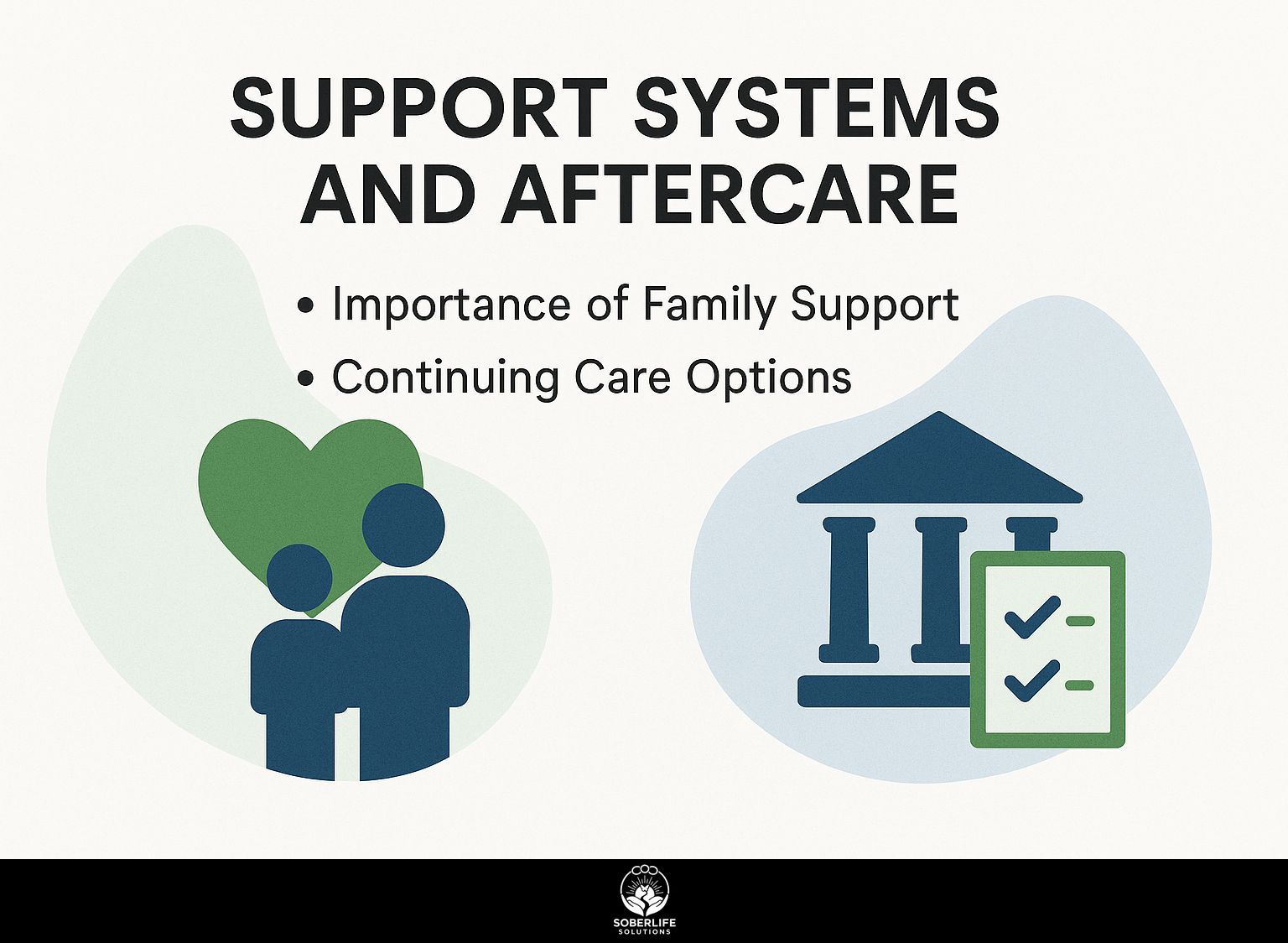
Support systems and aftercare are essential for continued recovery, providing people with the tools and community help they need to succeed. To further enhance these efforts, understanding various support services like prenatal care and aftercare programs can significantly contribute to a sustainable recovery journey.
Importance of Family Support
Family support is very important in recovery, giving emotional stability and accountability to people overcoming substance use disorders.
Research indicates that patients with strong family support exhibit significantly better outcomes. For instance, a study found that those with active family involvement had relapse rates up to 25% lower than those without.
To improve this help, family members can join family therapy sessions, which encourage open communication and mutual comprehension.
Encouraging families to join support groups like Al-Anon can help them learn about the recovery process, improving their ability to help their loved ones effectively.
Continuing Care Options
Continuing care options, such as support groups and aftercare programs, are essential for maintaining recovery and preventing relapse after initial treatment.
- Two well-known choices are 12-Step programs such as Alcoholics Anonymous, which focus on community support and shared experiences.
- SMART Recovery focuses on independence and uses cognitive-behavioral techniques.
Looking into therapy methods like motivational interviewing or family-based techniques can improve your recovery process. Regularly attending group meetings or engaging with a therapist helps reinforce coping strategies and create a solid support network, significantly increasing the likelihood of long-term success in recovery.
Frequently Asked Questions
What services are typically offered for substance abuse treatment?
Substance abuse treatment services can include individual therapy, group therapy, medication management, and aftercare support. The specific services offered can vary depending on the treatment facility and the individual needs of the patient.
What are the options for substance abuse treatment?
There are various options for substance abuse treatment, including inpatient or residential treatment, outpatient treatment, and intensive outpatient programs. Each option offers a different level of care and support, so it’s important to assess your individual needs and goals when deciding on the best option for you.
Is substance abuse treatment covered by insurance?
Many insurance plans cover some portion of substance abuse treatment. It’s important to check with your insurance provider to see what specific services and treatments are covered, as well as any out-of-pocket expenses you may be responsible for.
Are there eligibility requirements for substance abuse treatment?
Most substance abuse treatment centers do not have specific rules for who can enter. However, some places might require things like a certain age, level of addiction, or the presence of mental health conditions. It’s best to contact the treatment facility directly to inquire about their specific criteria.
Can I choose my own treatment plan for substance abuse?
While treatment plans are often made specifically for each individual, it is important to work with a team of professionals to make a complete treatment plan. This might involve getting advice from therapists, doctors, and possibly family members to give the best chance for a successful recovery.
What happens after the initial treatment for substance abuse?
After completing initial treatment, it’s important to continue with aftercare support and follow-up care to maintain sobriety. This may include ongoing therapy, support groups, or other resources to help prevent relapse and continue on the path to recovery.

